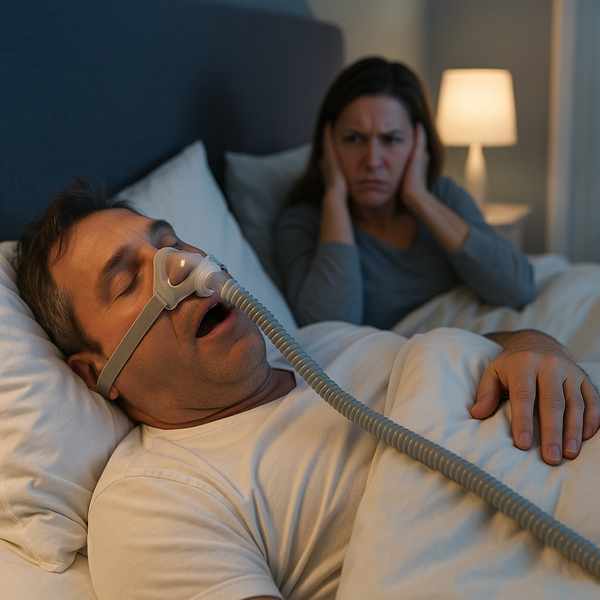Can Weight Loss Naturally Treat Obstructive Sleep Apnea?
Can Weight Loss Naturally Treat Obstructive Sleep Apnea?
Blog Article

Sleep apnea is a potentially dangerous sleep disorder that affects breathing during rest.
While not always a complete cure, weight loss often reduces the severity of sleep apnea significantly.
Causes and Symptoms of Sleep Apnea
The most common form is obstructive sleep apnea (OSA), caused by excess tissue in the throat.
Common symptoms include:
- Loud snoring
- Interrupted breathing patterns
- Difficulty staying alert during the day
- Morning headaches or dry mouth
How Obesity Impacts Breathing
Fat deposits in the throat may narrow the airway, making it more likely to collapse.
Key risk factors include:
- High BMI (Body Mass Index)
- Fat around the neck and jawline
- Poor muscle tone in the throat
Does Losing Weight Help OSA?
In many cases, losing weight can dramatically reduce or eliminate sleep how to lose weight with sleep apnea apnea symptoms.
Possible benefits of weight loss:
- Less airway obstruction
- Reduced risk of waking up during sleep
- More natural treatment options
- Feel more rested and alert
However, weight loss may not cure sleep apnea in all cases — especially if anatomical issues or severe OSA are present.
What Results Can You Expect?
Even modest weight loss can have a big impact.
Tips:
- Start with small, achievable goals
- Sustainable changes make a difference
- Notice snoring, energy, and daytime fatigue improvements
Natural Weight Loss Tips for Better Sleep
Effective strategies:
- Limit sugar and processed carbs
- Boosts metabolism and burns fat
- Sleep on your side
- Avoid alcohol and sedatives
Working with a nutritionist or sleep specialist can provide more personalized support.
Other Treatments Besides Weight Loss
While weight loss is helpful, it may not fully resolve sleep apnea for everyone.
- CPAP therapy (Continuous Positive Airway Pressure)
- Oral appliances
- Surgery in severe cases
Is Weight Loss the Answer?
For those whose apnea is linked to weight, shedding pounds is often a powerful, non-invasive solution.
Talk to your healthcare provider, make informed decisions, and take proactive steps toward better health and rest. Report this page